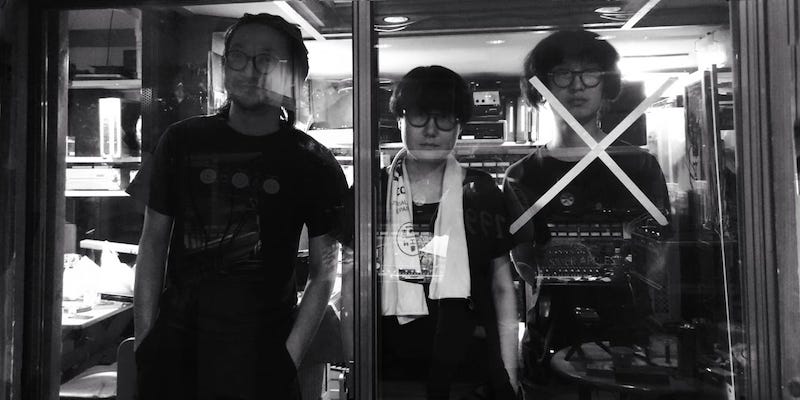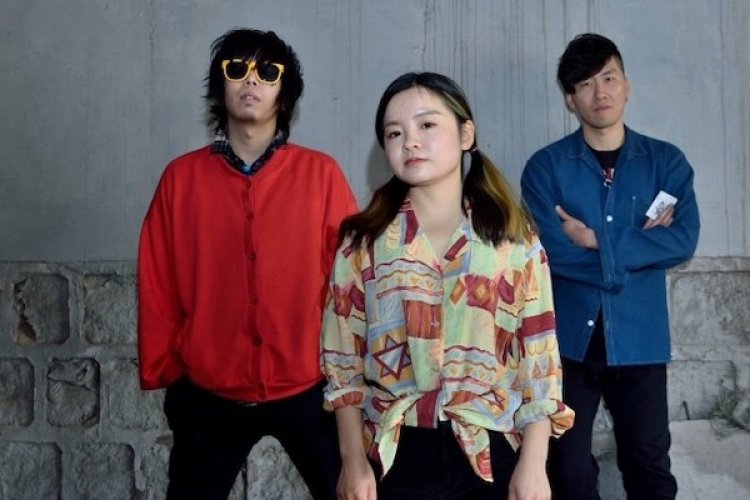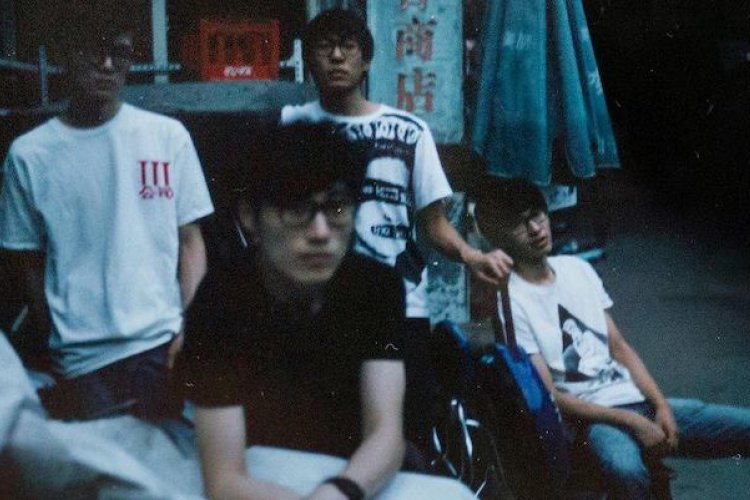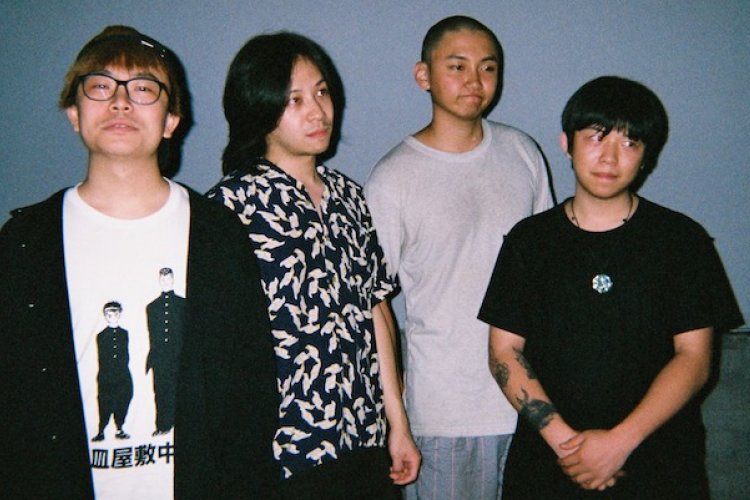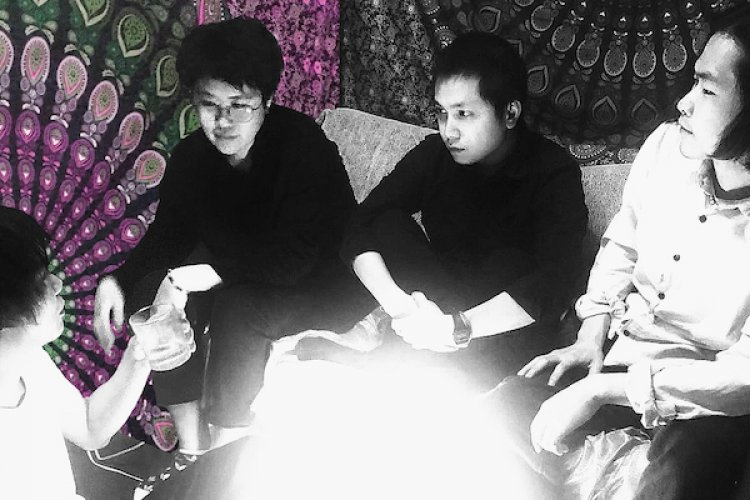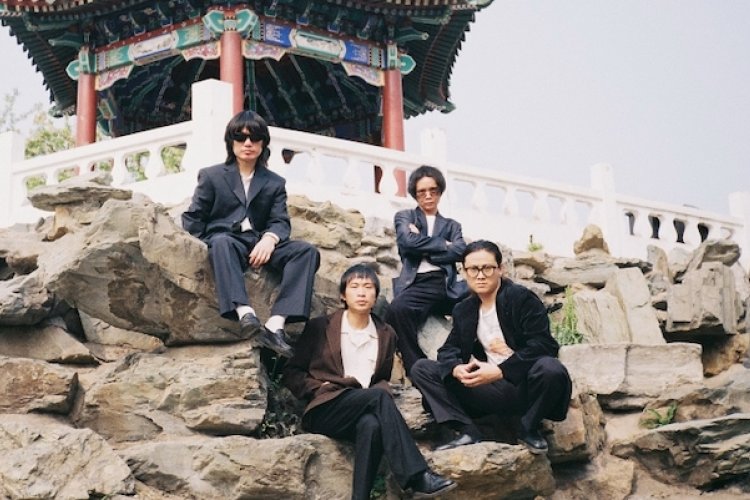On the Record: The Unpredictability of Snapline, Beijing's Best Intercontinental Band
On the Record is your guide to the past, present, and future of Beijing's music scene.
Snapline

Name: Snapline
Lineup: Chen Xi (Vocals), Li Qing (Guitar / Keyboards), Li Weisi (bass)
Established: 2005
Records: 3 full-lengths
Label(s): Maybe Mars, Invisible Records
For Fans Of: Joy Division, The Fall, Slint, Suicide
Stream: Bandcamp (Maybe Mars), Douban
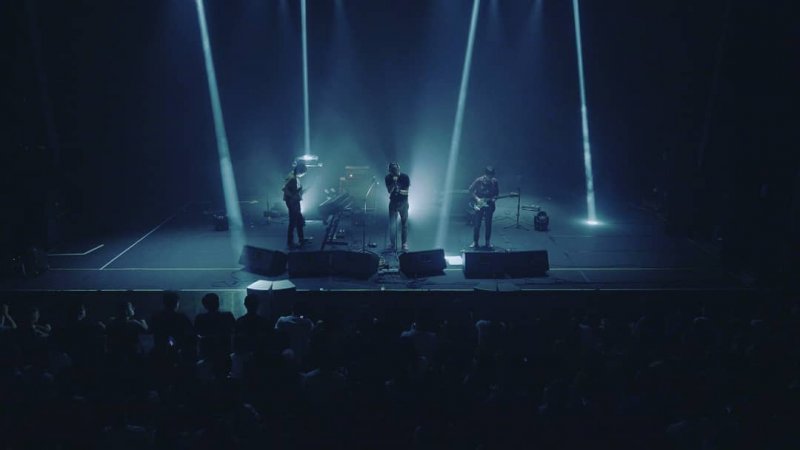
Why Do They Matter: Some music makes you want to throw your head back and dance with wild abandon, while some makes you want to crawl under the covers and wallow in a puddle of existential dread. And then there’s Snapline, who makes you want to do both, simultaneously. They’re a scoop of ice cream plopped into a tall glass of whiskey, topped with a lightning bolt.
Acerbic, disjointed, groovy, and altogether atypical, the band has been around for more than a decade and are still considered luminaries of Beijing’s indie and proto-punk scenes. Unfortunately, however, following lead singer Chen Xi’s departure from China around 2018, attempting to predict when the band will release something new or take to the stage again has been nothing more than conjecture and wishful thinking. Nevertheless, with three albums under their belt – 2007’s Party Is Over, Pornostar, 2012’s Phenomena, and 2018’s Shou Hua (incidentally, Xi briefly returned to Beijing to record the album) – there’s more than enough material to keep you writhing on the floor. Whether you do so prostrate or upright is your choice.
Calling Snapline post-punk is reductive at best, and lazy at worst. It glosses over the band’s uncanny ability to channel some of the finest acts of the 70s and 80s – many of whom were anything but post-punk – through their own lens. Of course, they make ample use of the mechanized beats and sodden bass lines that characterize the genre, however, they’re equally fluent in the synth-heavy Avantgarde art-punk scenes that laid waste to basements and clubs across New York, as well as the drag-your-feet drums and shards-of-broken-glass guitar work pioneered by Steve Albini. The one through-line connecting all these styles being a monologic, almost soliloquy-like vocal styling and affection for quirky lyricism that flies in the face of conventional pop music.
When taken as a cohesive unit, Snapline’s catalog charts a compelling course. Their debut LP, Party Is Over, Pornostar, is certainly their most accessible with traditional disco-punk numbers like “Let In” and “S1,” both of which are a testament to why Public Image Ltd. drummer, Martin Atkins, was so desperate to work with the band. Careful not to spread too much cheer, however, the album is ripe with that haunting, lethargic, short-circuitry that came to define their sound. Phenomena is a decidedly stripped back version of what the band had previously done, with songs – or rather, soundscapes – like “Sustaining” and “Song for SR” that are more akin to extraterrestrial atmospheres than earth-bound environments. Some might suggest that this was reactionary, a response to their all but discarded second effort with Atkins, Future Eyes. Nevertheless, Phenomena is a wet dream for minimal synth freaks everywhere.
And thus we arrive at their latest (and hopefully not last) record, Shou Hua, which is effectively a perfect synthesis of the first two. Whereas “Late Troubles” and “Tent” possess all the weirdo art-rock panache that the band explored on Party Is Over, Pornostar, “N & N” and “Fall” burrow beneath the skin, unapologetically sending electrical impulses through the body that are both tantalizing and uncomfortable in turn. However, it’s Shou Hua’s closer, “TheAnswer#3” which could be considered new territory for the band. At nearly nine-minutes long, it conjures up the slow burn psychedelia of a Velvet Underground and Nico jam, potentially foreshadowing the themes and motifs of a fourth release. Whether that release will ever come to pass, however, is, unfortunately, nothing but conjecture and wishful thinking.
READ: On the Record: SNSOS and the Art of Genre Weaving
Images: Snapline, 杨毅东

